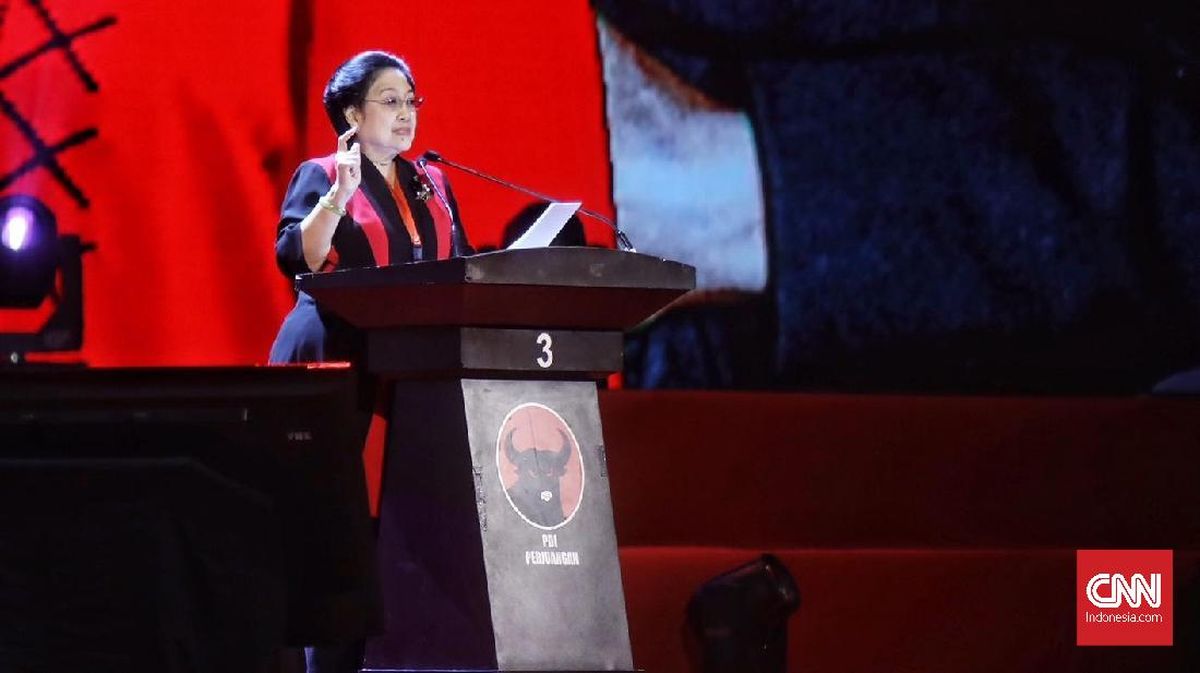President Donald Trump is not done with his tariff-imposing policies, with the film industry as his latest target. Citing Axios, the U.S. president announced on Sunday, May 4, 2025, that he is set to start the process to impose 100 percent tariffs on foreign-made films.
Trump's trade disputes have mostly been targeting traditional industries such as steel, aluminum, and vehicles. Expanding tariffs to cover intellectual properties like films poses complex challenges, especially with many productions being made in various countries. This move could disrupt sectors that are usually not involved in international trade policies.
What Did Trump Actually Say?
In a post on Truth Social, Trump expressed his concern that the American film industry was "dying a very fast death" as other countries offer enticing incentives for filmmakers and studios to move away from the U.S. He portrayed this trend as a coordinated effort by foreign countries and labeled it as a national security threat, adding that it is also a form of messaging and propaganda.
With the increasing production costs of blockbuster Hollywood films, many producers have shifted to more affordable locations outside the U.S. According to a recent report by the New York Times, the American film industry has lost over 18,000 domestic jobs in the past three years.
What Constitutes Foreign Films?
One main question then arises: what qualifies as a foreign film? According to Al Jazeera, in today's global film industry, productions often cross borders in terms of funding, filmmaking, and talent. For example, many Hollywood films are financed in the U.S. but shot abroad with international crews.
For instance, 'Wicked,' estimated to be one of the highest-grossing films in 2024, was filmed at Elstree Studios in Hertfordshire, UK. Some parts of Greta Gerwig's 'Barbie' (2023) were also shot at Warner Brothers' Leavesden Studios in Hertfordshire, contributing over 80 million pounds ($106 million) to the UK economy and supporting local jobs and businesses.
Similarly, in 2023, the same studios were transformed into Willy Wonka's chocolate factory for Paul King's film 'Wonka.' Australia also hosted several U.S. productions last year, such as 'The Fall Guy' starring Ryan Gosling and 'Kingdom of the Planet of the Apes.' The Australian government offers incentives to large film projects with a 30 percent rebate under the location offset scheme, a strategy emulated by New Zealand.
The American Gothic horror film 'Nosferatu' (2023) was shot in Prague, Czech Republic. Other U.S. productions have utilized locations in New Zealand, Spain, and Germany.
Conversely, many non-American films have been shot in the U.S. Popular Bollywood films have featured iconic American sites like the Brooklyn Bridge, Miami beaches, and Chicago neighborhoods, boosting tourism. Whether these films will be classified as "foreign" under the tariff plan is still unclear.
How Significant is the U.S. Market for Foreign Films?
Indian films, for example, generate substantial revenue internationally. The 2016 film 'Dangal,' about two siblings who are famous wrestlers in India, earned around $12.4 million in the U.S. and Canada. Indian films typically gross around $100 million at the US box office.
Asishar, a producer from the Indian film industry association, noted that the diaspora market, sensitive to ticket prices, has become a major source of income. Filmmaker Vivek Agnihotri stated that tariffs could raise ticket prices, driving audiences to streaming platforms like Netflix and Amazon.
The U.S. is home to 5.4 million people of Indian descent, the largest Indian diaspora worldwide. But it's not just Indian films thriving here. South Korean films have also found success; for instance, the animated film 'The King of Kings' earned $54.7 million in April, surpassing the revenue of 'Parasite' at $53.8 million at the US box office.
Conversely, Chinese films are not as reliant on U.S. audiences due to language barriers. The animated film 'Ne Zha 2' broke records in China with $1.9 billion in revenue, almost entirely from mainland China. The Chinese comedy 'Yolo,' ranking 14th in 2024's highest-grossing films, only made $2 million in the U.S.
Is Hollywood Truly 'Suffering'?
Hollywood has faced various challenges recently, including the COVID-19 pandemic. In 2024, film studios earned around $30 billion globally, a 7 percent decrease from pre-pandemic levels, according to Gower Street Analytics. Although better than in 2020-2022, the revenue remained about 20 percent below the pre-pandemic average.
In 2023, Hollywood writers and actors went on strike to demand better working conditions and protection against the use of AI, temporarily halting productions and leading to layoffs.
In January, wildfires raged in parts of Los Angeles, damaging filming locations and displacing actors from their homes.
Many in the industry have rallied to bring productions back to Hollywood, urging California lawmakers and Governor Gavin Newsom to increase tax incentives. They argue that Hollywood supports many middle-class and freelance workers, along with local businesses affected by the production downturn.
Quoted in Al Jazeera, filmmaker Sarah Adina Smith, organizer of the 'Stay in LA' campaign, warned, “If we don’t stop the bleeding, then Los Angeles is at risk of becoming Detroit.”
Editor’s Choice: Trump to Slap 100% Tariff on Foreign Films
Click here to get the latest news updates from Tempo on Google News












































